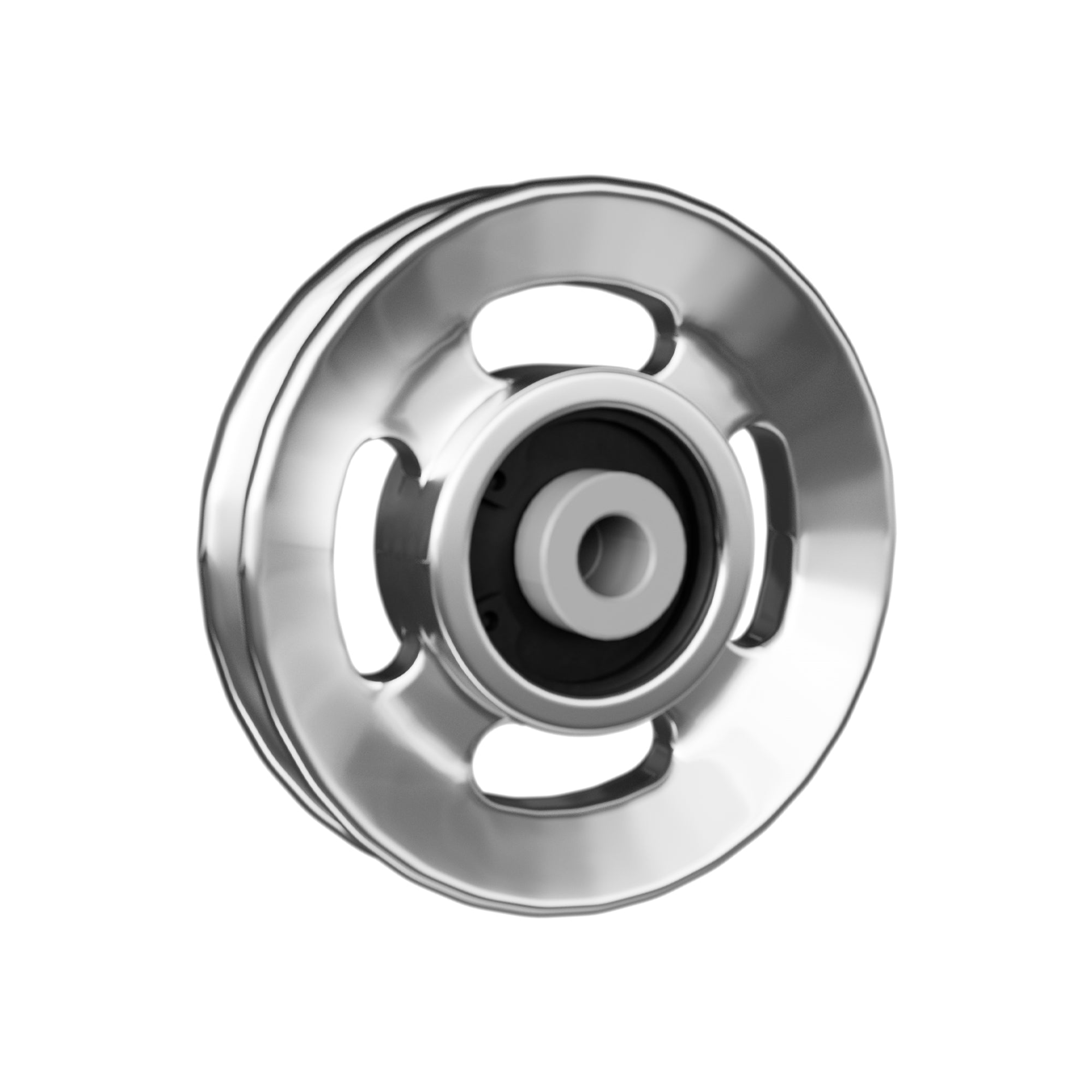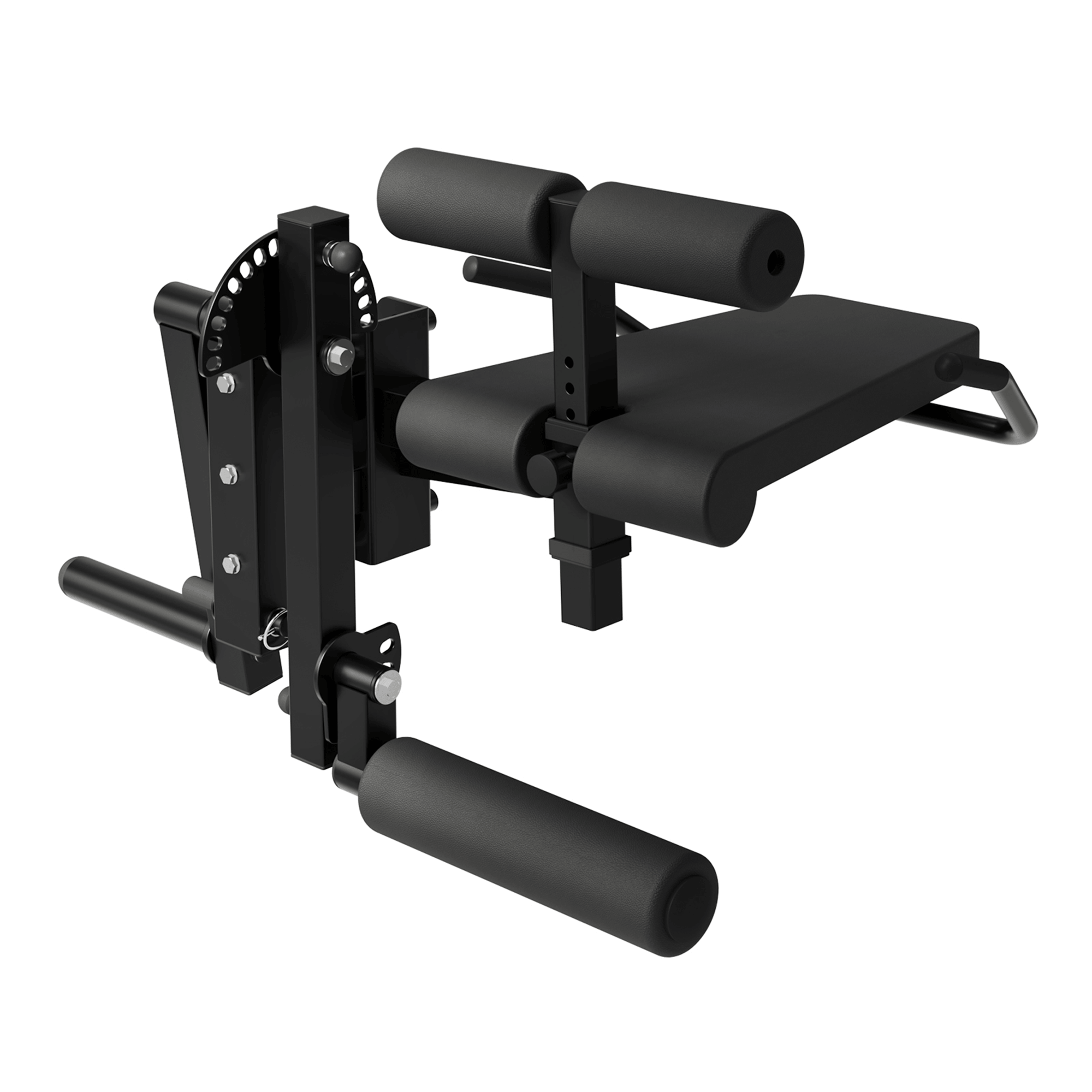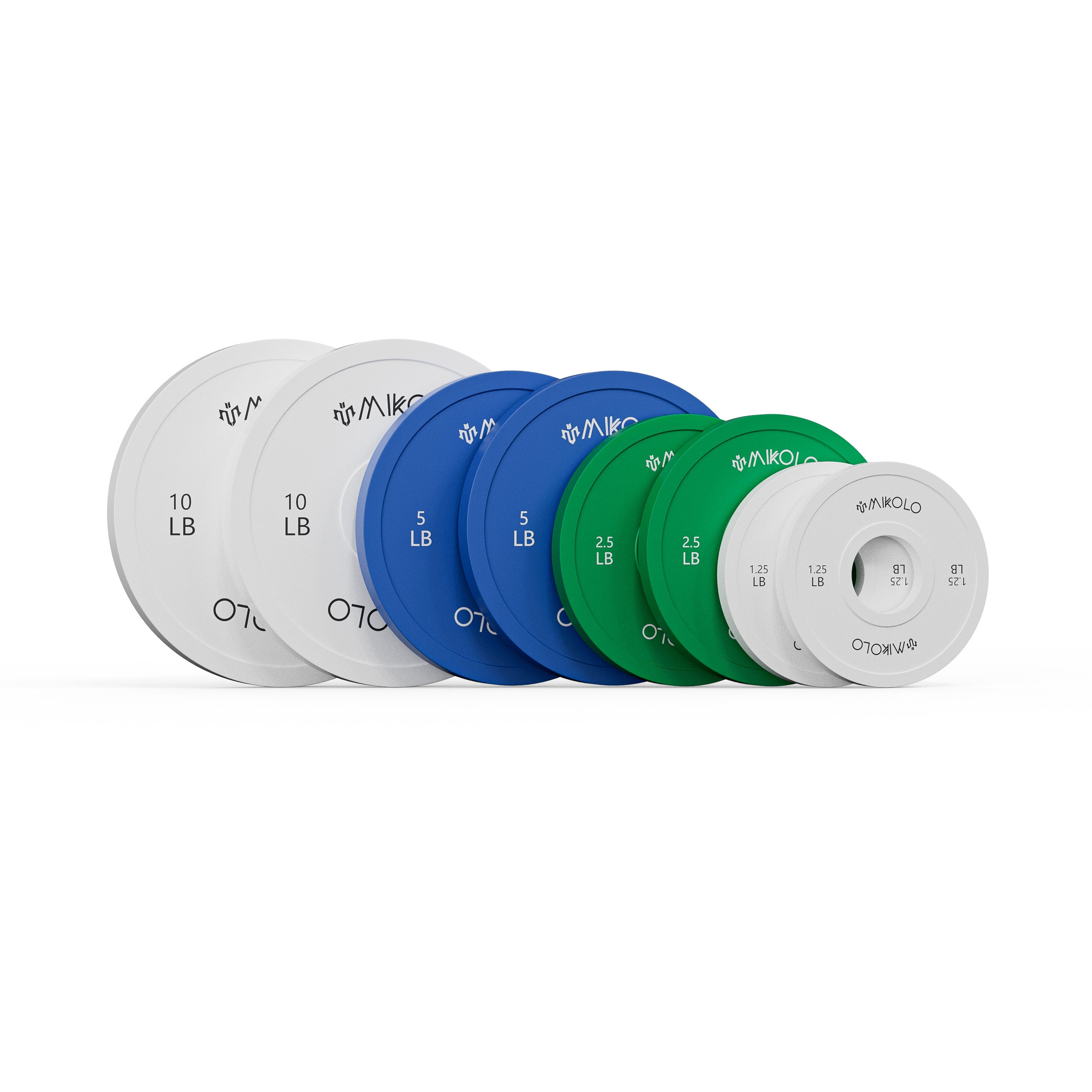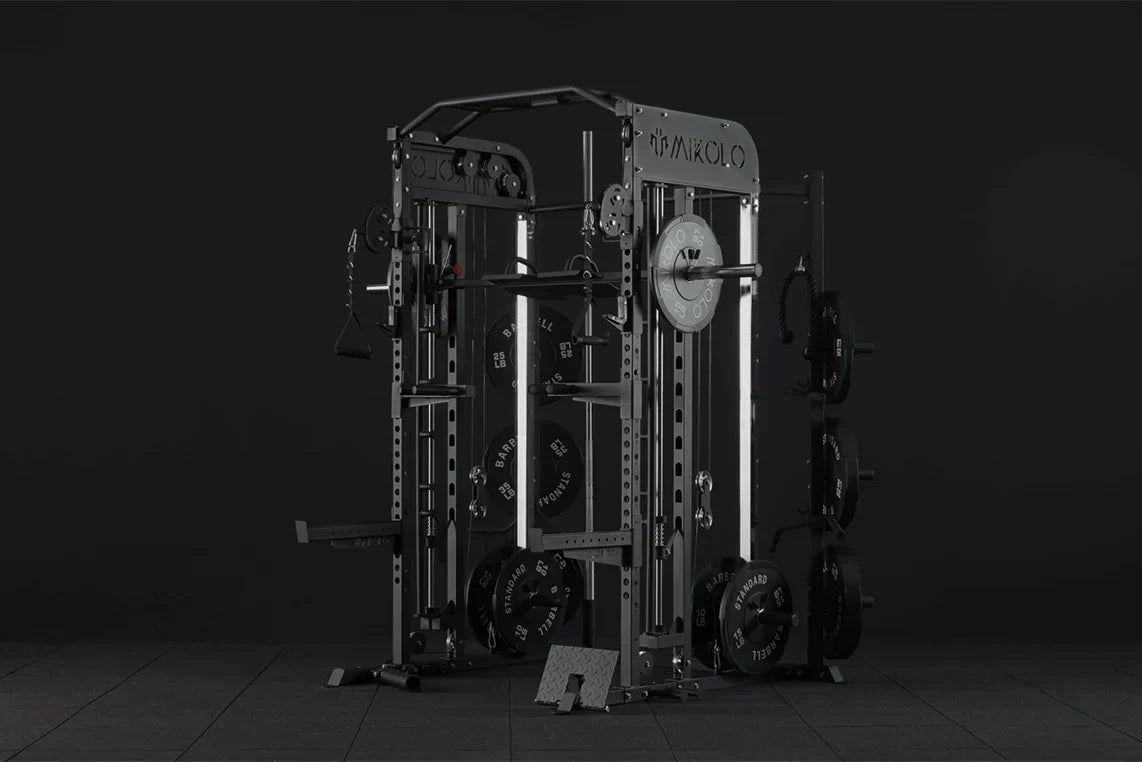When you step into a gym, one thing is certain—you’ll see weights everywhere. From dumbbells neatly racked against the wall to massive plates stacked beside squat racks, weights are the foundation of most strength training routines. But not all weights are the same. Understanding the different types of weights in a gym can help you train more effectively, stay safe, and tailor your workouts to your fitness goals.
Why Knowing Your Gym Weights Matters
Whether you're aiming to build strength, sculpt muscle, or improve endurance, choosing the right weight type is just as important as the exercise itself. Each weight serves a different purpose and engages your body in a unique way. Let’s break down the main types of gym weights and how to use them.
1. Free Weights
These are the most common weights in a gym and for good reason—they’re versatile and effective.
Dumbbells
Compact and easy to grip, dumbbells are perfect for both upper and lower body workouts. They come in fixed or adjustable forms and range from a few pounds to over 100 lbs.
Barbells
Barbells allow for heavier lifts, especially for compound exercises like squats, deadlifts, and bench presses. Olympic barbells are the most common type, weighing 45 lbs on their own.
Kettlebells
With their unique handle-and-bell design, kettlebells are great for dynamic movements like swings, cleans, and snatches. They challenge both your strength and cardio in one workout.
Weight Plates
These circular weights are loaded onto barbells or used on their own for functional movements. Standard and Olympic plates vary in size and material—rubber-coated, iron, or bumper plates for safer drops.
2. Machine Weights
Machine weights guide your movements, making them a good choice for beginners or for isolating specific muscles.
Selectorized Machines
These come with a weight stack and a pin to adjust resistance. Think lat pulldown, leg extension, or cable crossover machines.
Plate-Loaded Machines
These mimic free weight movements but with more stability. You load plates manually, offering the feel of free weights with machine safety.
3. Bodyweight and Weighted Accessories
Though not traditional "weights," these tools add resistance and variety to your routine.
Weight Vests
Wearable weights that add resistance to bodyweight exercises like push-ups or squats.
Ankle & Wrist Weights
Great for adding light resistance during aerobic training or rehabilitation workouts.
Medicine Balls
These weighted balls are useful for core work, slams, and functional training.
4. Specialty Weights
Some gyms offer a broader range of equipment to challenge your muscles in new ways.
Sandbags
Shift and move as you lift, challenging your stability and grip strength.
Chains and Bands
Add variable resistance to lifts. As you press or pull, the resistance increases, mimicking real-life strength demands.
Matching the Right Weight Type to Your Goals
-
Strength Building: Barbells and plate-loaded machines allow for heavy lifts and progressive overload.
-
Muscle Sculpting: Dumbbells, cables, and machines target specific muscle groups with control.
-
Endurance & Conditioning: Kettlebells, medicine balls, and bodyweight accessories keep the heart rate up while building strength.
-
Rehabilitation & Stability: Resistance bands, wrist weights, and selectorized machines offer safer, joint-friendly options.
Final Thoughts
Different types of weights in a gym serve different purposes. Knowing what each type offers allows you to create a smarter, more effective workout plan. From traditional dumbbells to advanced cable stacks, the right mix of gym weights helps you build strength, improve stability, and keep your fitness journey fresh.
So the next time you walk into the gym, don’t just grab the first weight you see. Choose with purpose—and lift with confidence.













































Leave a comment
This site is protected by hCaptcha and the hCaptcha Privacy Policy and Terms of Service apply.